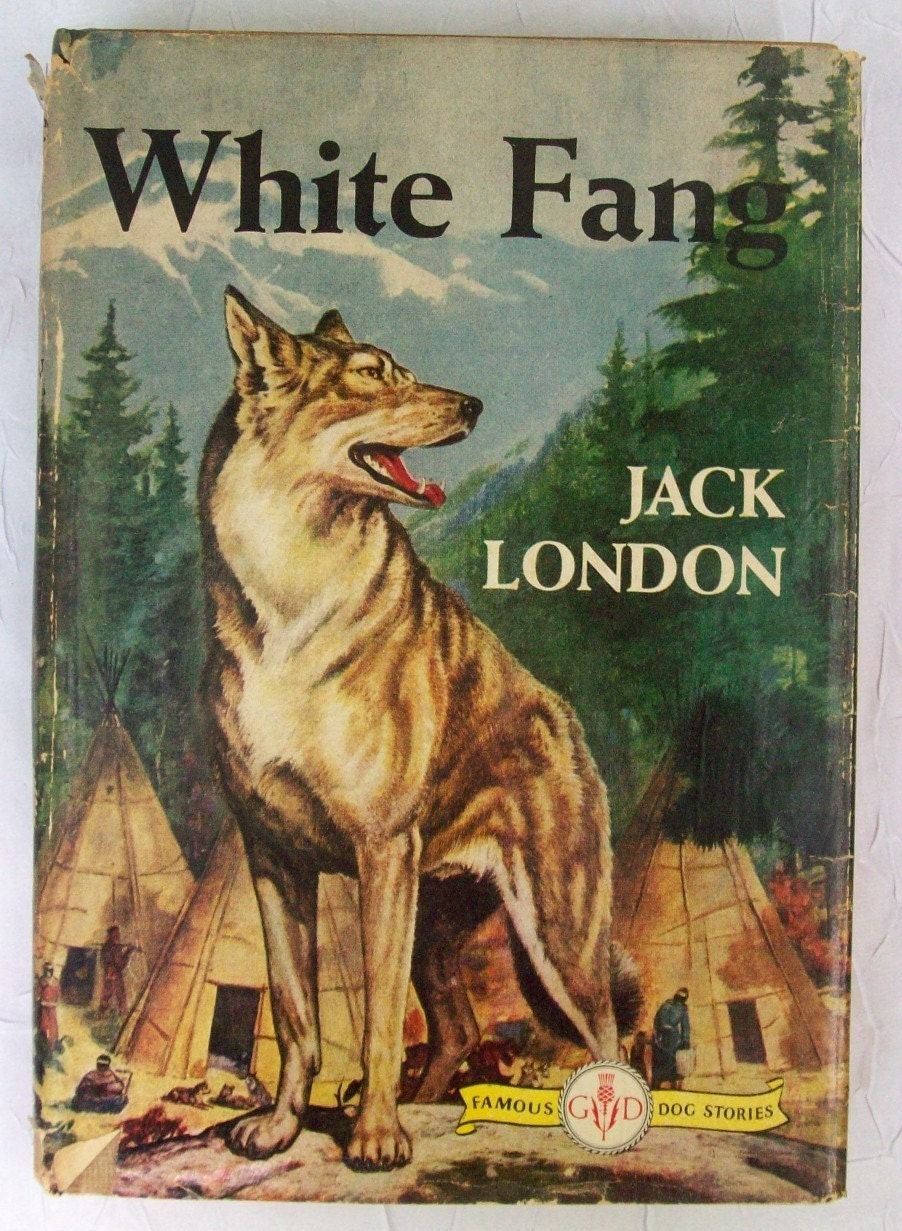
Failing to find gold, London went back to California and decided to make his living as a writer. London's next journey was as a gold prospector to the Yukon Territory during the Klondike gold rush, a trip he would also write about later. He was a member of the socialist party for the rest of his life. During this time, he became interested in both literature and socialism. In 1895, London finished high school in Oakland and then spent one semester at the University of California. The following year, he traveled across the United States, a hobo journey that he wrote about in Jack London on the Road (1907). It was during his first sea voyage, in 1893, that London began writing. Shunning formal education, London worked from a young age, first in a cannery and then as an oysterman in the San Francisco Bay. The year Jack was born, his mother married a widower named John London, who adopted Jack and moved the family to nearby Oakland. It is generally believed that anĪstrologer named William Chaney was London's father. His mother, Flora Wellman, was not married.

Jack London was born January 12, 1876, in San Francisco, California. In its unblinking portrayals of nature's unforgiving harshness, of humankind's capacity for both shocking brutality and unconditional love, and of the struggle for survival that is common to all life, White Fang is classic London.

Though not considered the literary equal of The Call of the Wild, White Fang was an immediate commercial success and continues to be popular a century after its initial publication. Both novels, along with scores of London's short stories, are set in the land the author called simply "The North"-the Yukon Territory to which he once traveled as a gold prospector. (London had become, as well, the first millionaire American author.) The two novels are related in that while The Call of the Wild tells the story of a dog who becomes wild and leads a wolf pack, White Fang is the life story of a wolf who comes, after many hardships dealt him by both man and nature, to live a dog's life with a loving master.

When White Fang was published in 1906, Jack London was the most widely read writer in the United States and was also popular in Europe, thanks to his second novel, The Call of the Wild (1903).


 0 kommentar(er)
0 kommentar(er)
